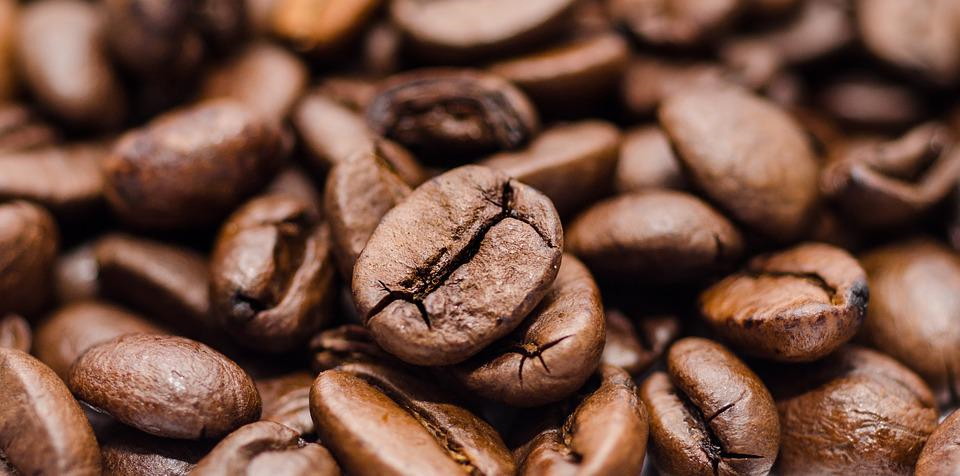Your morning cups of coffee and tea could be associated with lower risk of stroke and dementia.
The cup of coffee or tea you reach for in the morning — OK, maybe it’s a few — may be associated with a lower risk for stroke and dementia, according to a new study.
Among more than 360,000 participants studied over a period of 10 to 14 years, those who drank 2 to 3 cups of coffee, 3 to 5 cups of tea, or a combination of 4 to 6 cups of coffee or tea a day had the lowest risk of stroke and dementia, according to researchers from Tianjin Medical University in Tianjin, China.
“Our findings suggested that moderate consumption of coffee and tea separately or in combination were associated with lower risk of stroke and dementia,” the authors of the study said in a release.

Around the world, 10% of deaths are caused by stroke, according to a 2017 study published in The Lancet.Dementia refers to a general decline in brain function, but it can set in after a stroke.
Drinking coffee or tea alone also was associated with lower risk for both conditions, but people who had 2 to 3 cups of coffee and 2 to 3 cups of tea daily — 4 to 6 cups total — faired the best, with a 28% lower risk of dementia and 32% lower risk of stroke than those who didn’t drink either, according to the study.

The participants’ information came from the UK Biobank, a database of anonymous health information from around half a million volunteers in the United Kingdom gathered between 2006 and 2020. The study looked at health participants between ages 50 and 74 who self-reported their consumption of coffee and tea.

Over the course of the study period, 5,079 participants developed dementia and 10,053 experienced at least one stroke, according to the study, which was published in PLOS Medicine.

There have been many studies suggesting health benefits may be associated with drinking coffee and tea, but it is important to note that the researchers could only say the two were linked — not that the beverages necessarily offered protection.

There are limitations to the accuracy of the data because the participants reported their own tea and coffee drinking, and their estimates could be influenced by their own bias, Dr. Lee H. Schwamm, chair of the American Stroke Association Advisory Committee and chair in Vascular Neurology at Massachusetts General Hospital, said via email.

“We cannot impute causality, and say ‘drinking more coffee or tea is good for your brain.’ What we can only say is that in this study, people who reported moderate coffee/tea drinking were less likely to have a stroke or dementia occur in the 10 years of follow-up,” Schwamm said.

source : edition.cnn.com


